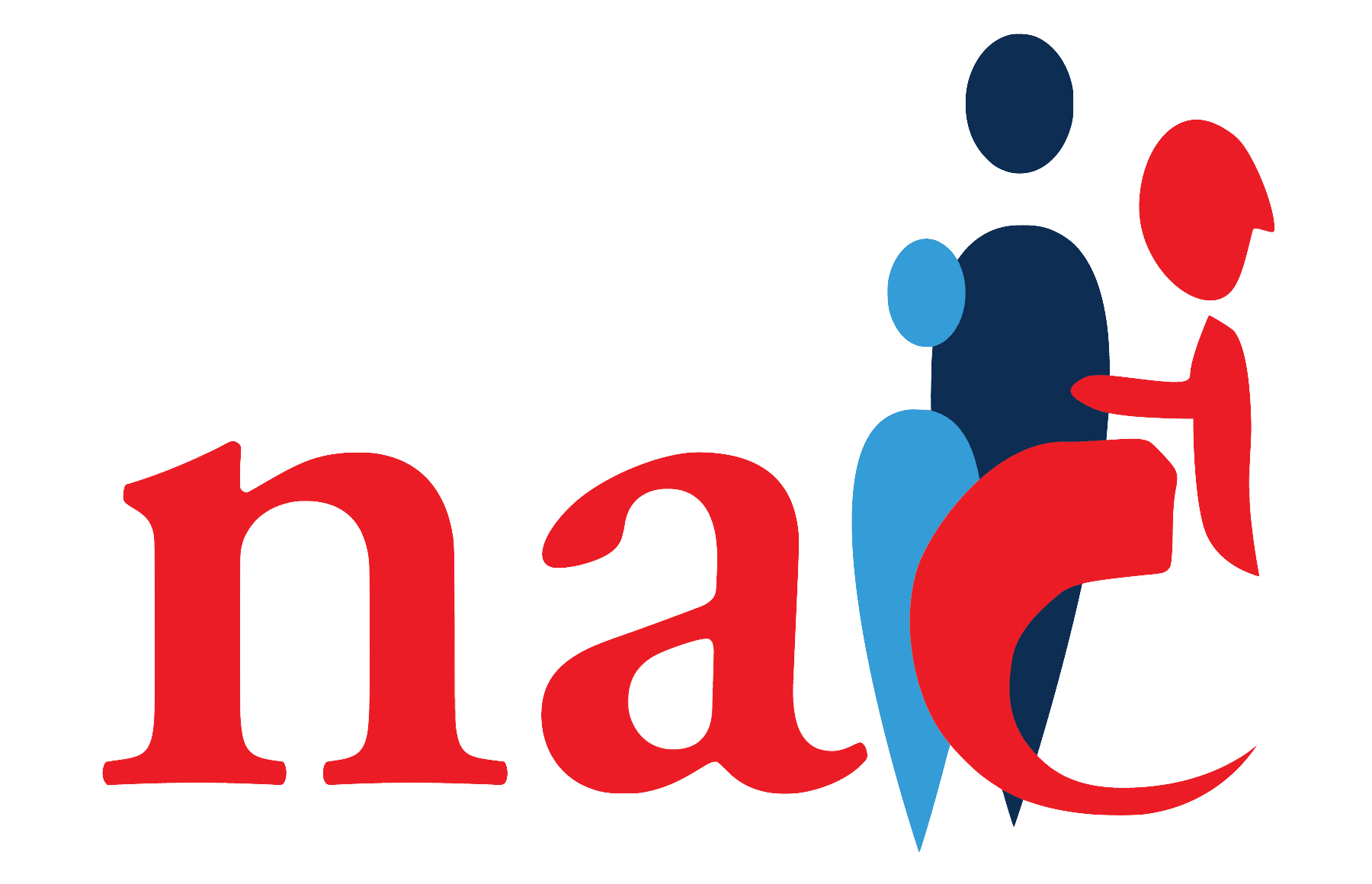Claire’s husband was diagnosed with idiopathic cardiomyopathy several years ago, leading to the eventual need for a heart transplant, which he has now received. Claire did not become his care partner immediately upon diagnosis because he was still very fit and active, but eventually, his health began to decline enough to need a transplant, and this is when Claire started caring more for him.
Claire and her husband are Jewish, and a large part of their culture is a connection with their community. Claire’s husband received his transplant during the pandemic, so friends and family were not able to visit and bring food as they usually would have done, but they did arrange chairs outside so they could have safe, socially distanced visits.
While caring for her husband while he received his transplant, Claire did encounter some challenges. During the Sabbath, she does not drive, so she could not travel back and forth from the hospital each day. Usually, a Sabbath room would be provided, but it was not available during the pandemic. Claire befriended another Jewish caregiver and they found a place to spend the Sabbath together. Claire and her husband also keep Kosher, and while her husband was supplied Kosher meals by the hospital, Claire was not, so she was often unable to sit and eat with him because she had to go out to get her own food.
Claire was never connected with a patient advocacy group and never went looking for one. When you are struggling to stay afloat and make it through every day, you often don’t have time to search out help. She thinks social workers should be able to connect care partners to groups that can help.
Now that Claire is retired, she wants to ensure that she can be there for others who are going through the same experience she did. She has started attending support groups and wants to connect with other transplant care partners. If patient advocacy groups hosted informal care partner meetings they would be beneficial and allow connections to be made. She also thinks something like a national call line, where care partners could call in to ask questions, or just have someone to talk to, is a very needed resource.
